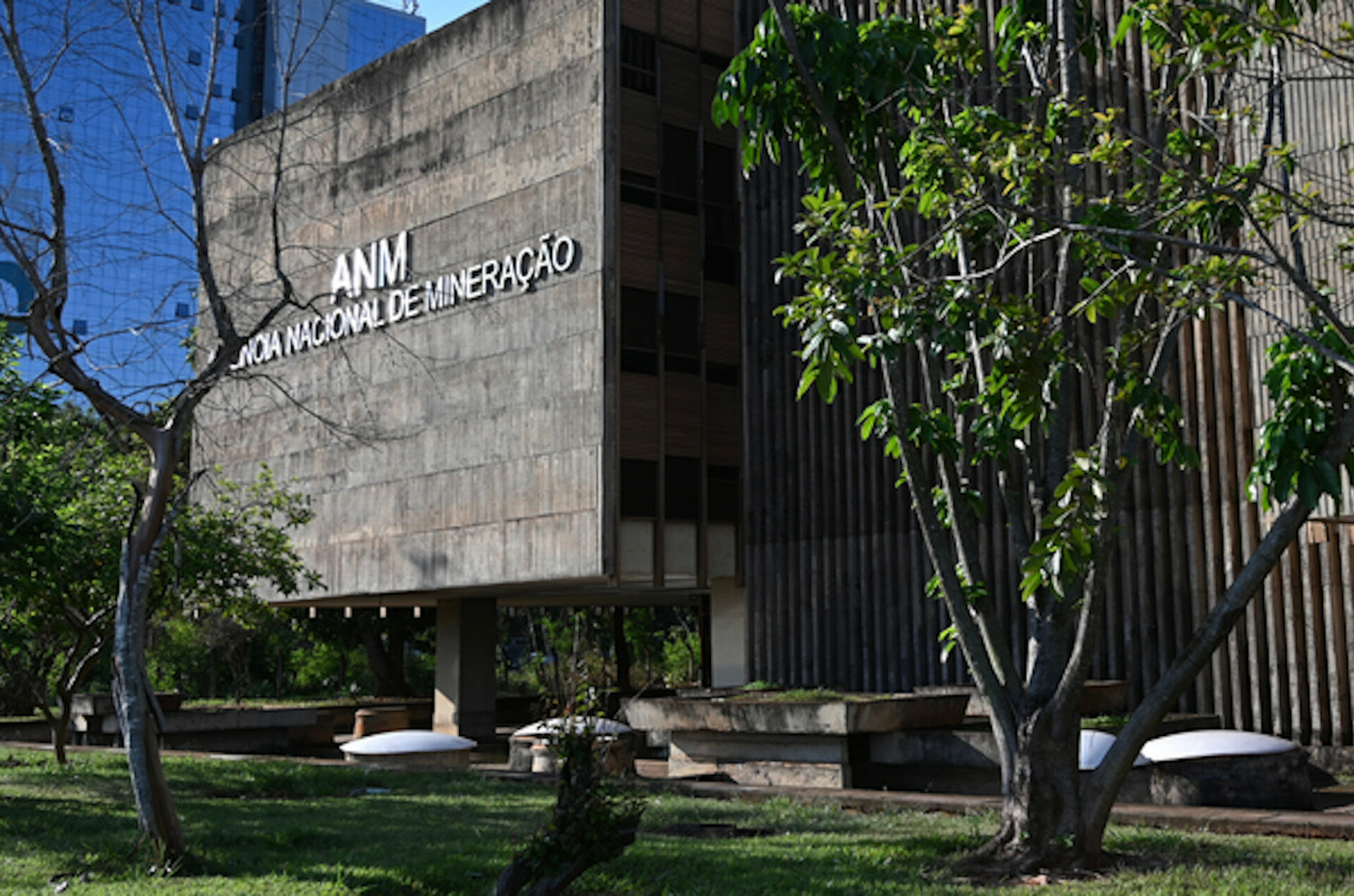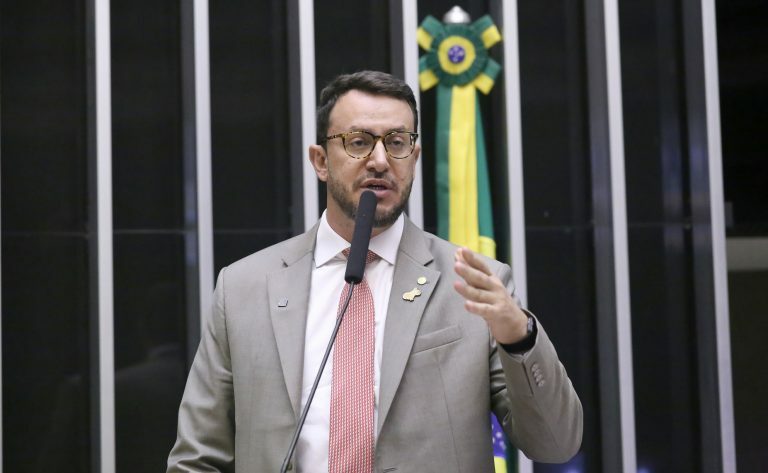“This donation arrived at the right time as we didn´t know what to do to get food”, said 35-year-old Conceição da Silva with a sigh of relief. She is a resident of Fortaleza, which is the capital of the Northern state of Ceará in Brazil. Married and mother of two, she doesn´t have a professional education. She and her husband, a construction worker, have difficulty obtaining the resources to feed the family and maintain their house during the COVID-19 pandemic. Her family was one of the 1,100 families that benefited from the food stamps made available by an initiative undertaken by Carrefour called “Compra Solidária” (Solidarity Purchase), with support from the World Food Programme (WFP) Centre of Excellence against Hunger.
The campaign receives cash donations with which food stamps are purchased worth R$ 100 (around US$ 20), which are distributed by NGO partners. The NGO Diaconia, working in the Northeast, distributed food stamps to families in the metropolitan areas of Recife (Pernambuco), João Pessoa (Paraíba) and Fortaleza (Ceará).
The initiative aims to provide more support to families suffering from the socioeconomical impact caused by restrictions imposed due to the novel coronavirus. When the pandemic began, the life of 32-year-old Shirlane Maria dos Santos changed drastically. Pregnant with her third child, she is a housewife whose husband stopped working as taxi driver because there were no more clients and he was afraid of contracting the virus and taking it home. The family had to survive with the help of friends until they received their federal government emergency cash grant. “It was – and still is – a very difficult moment. The cash grant (US$ 200) pays the rent (US$ 70), water, electricity and food for my children. The food stamps will allow me to buy basic food for my family”, said Shirlane.
Unemployment affected 35-year-old Maria Monteiro and her family in Jaboatão dos Guararapes, which is in the metropolitan area of Recife. Her husband lost his job because of the pandemic and the family of four is surviving thanks to the help of relatives and donations. “None of my sons work. It´s been really complicated to live in this situation, as we pay rent. Our only income is the federal government emergency cash grant”, she said.
Working independently washing laundry, 27-year-old Renata Ferreira is also facing a hard time feeding her four children. “We are struggling and I´m taking care of my kids alone”, she said.
Campaign – Donations given to the NGO Diaconia helped to purchase food stamps that were among the 6,000 food stamps that were distributed by the initiative “Compra Solidária”. In addition to Diaconia, the NGOs Ação da Cidadania, Cáritas and Sustainable Amazon Fundation are implementing the initiative in 12 states and the Federal District. Depending on the location and logistics, the NGO distributes food stamps or food packages. Food stamps are accepted in any business as long as they are used for primary food items. WFP recommends that the families buy from local establishments and recommends the purchase of fruits and vegetables for healthy meals.
Fonte
O post “Residents in the Northeast of Brazil receive food stamps” foi publicado em 1st September 2020 e pode ser visto originalmente diretamente na fonte ONU Brasil



